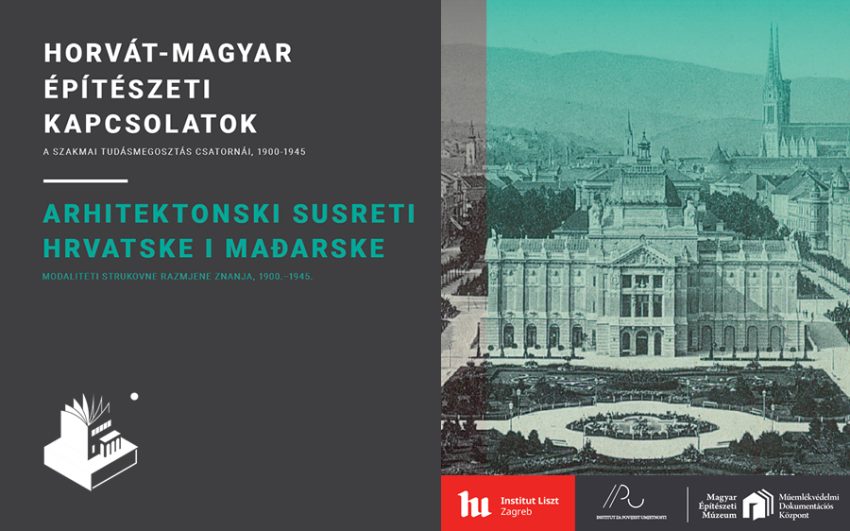The opening of the final exhibition of the project Architectural Encounters of Croatia and Hungary: Modalities of Professional Knowledge Exchange, 1900–1945 will take place on 20th September 2023 at the Liszt Institute – Hungarian Cultural Centre in Zagreb (Ulica Augusta Cesarca 10). The programme begins at 6 PM, local time.
Welcome speeches will be given by Anna Mladenovics, PhD (Liszt Institute, Zagreb), Petar Prelog, PhD (Institute of Art History, Zagreb) and Kornél Tamás Almássy, Ph.D (Hungarian Museum of Architecture and Monument Protection Documentation Center, Budapest). The exhibition will be inaugurated by Prof. András Ferkai, Ph.D, head of the Hungarian research group.
The bilingual exhibition will present the results of the research carried out as part of the bilateral scientific research project of the same name, which is conducted by the Institute of Art History in Zagreb (IPU) and the Hungarian Museum of Architecture and Monument Protection Documentation Center in Budapest (MÉM MDK). Biannual scientific cooperation began in the autumn of 2021, and is supported by the Hungarian National Office for Research, Development and Innovation and the Croatian Ministry of Science and Education.
The architecture of the 19th and the first half of the 20th century has been the topic of both Hungarian and Croatian researchers. However, the established project provided an opportunity for joint reflection on the selected period. The research starts from the assumption that before the First World War, the transfer of knowledge was one-way, from Budapest as the centre to the peripheral Croatian lands. Cooperation primarily took place through cooperation on the construction of important public buildings and basic infrastructure systems such as railways. They were mainly designed by Hungarian architects (given that the investors were Hungarian ministries and state companies) and built by local Croatian experts and companies in Zagreb, Rijeka and Osijek. Croatian architects, master builders and civil engineers could not be educated in Croatia and Slavonia until 1919. They rarely chose to study at the Royal Joseph Polytechnic, and the most common choice was the Vienna and Prague technical universities and academies, whose influence is evident already in their student works and projects in the homeland. The dissolution of the Monarchy and the establishment of new successor states ended the established mode of cooperation and radically transformed professional relations. After the First World War, architects and builders from Croatia, then part of the Kingdom of Serbs, Croats and Slovenes, and the Kingdom of Hungary within the borders of Trianon met at professional congresses and exhibitions, as designers of national pavilions at trade fairs and as members of international organizations. Apart from rare examples of meeting and cooperation, more can be said about parallelism, so it is more interesting to investigate the causes of differences.
The researchers who participated in the project investigated ways of knowledge transfers based on study trips of architects and builders, professional journals, architectural and urban planning competitions, and professional congresses and exhibitions. The research tasks were divided according to the profession and the researcher’s scope of interest, while they jointly dealt with the relevant phenomena of the turn of the century and the interwar period. Joint study trips to locations, buildings, libraries and archives in Zagreb, Rijeka and Budapest helped define key buildings and events, focal points of knowledge transfer, which are presented within this exhibition.
Hungarian research team:
András Ferkai (principal researcher), Pál Ritoók, Eszter Baldavári, Ágnes Anna Sebestyén
Croatian research team:
Tamara Bjažić Klarin (principal researcher), Marina Bagarić, Boris Dundović, Mauro Sirotnjak
Text authors:
Eszter Baldavári, Tamara Bjažić Klarin, Boris Dundović, András Ferkai, Pál Ritoók, Ágnes Anna Sebestyén
Graphic design:
Barbara Kakuk, Vica Wachsler
Translations:
Boris Dundović, Pál Ritoók
Proof-reading:
Dunja Aleraj Lončarić, András Ferkai
Patrons:
Embassy of Hungary in the Republic of Croatia
Liszt Institute – Hungarian Cultural Centre in Zagreb
Hungarian Academy of Arts

